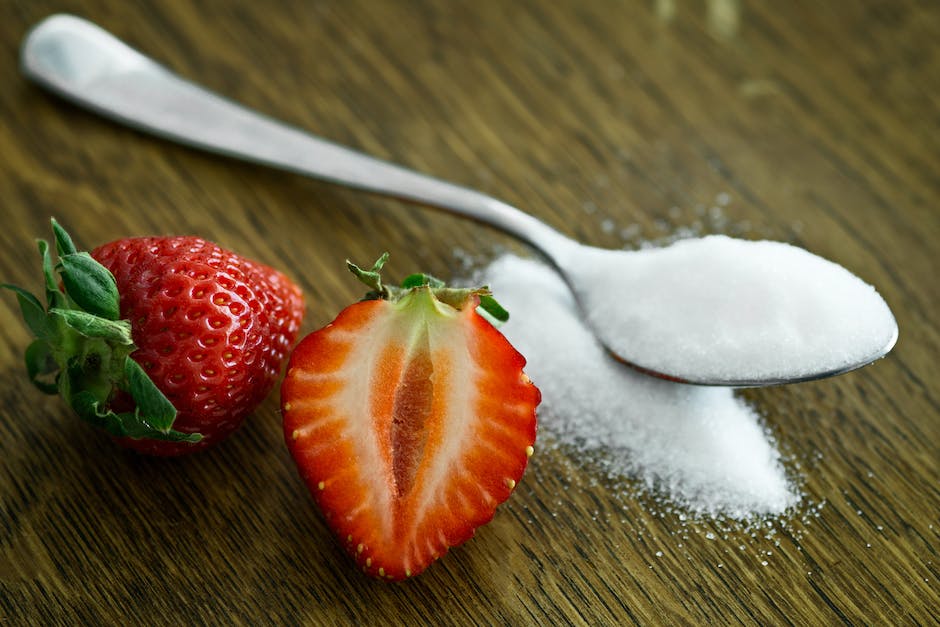The Sweet Truth: Unveiling the Impact of White Sugar on Your Health

Sugar, the sweet crystalline substance that has been a staple in our pantries for centuries, is as controversial as it is popular. White sugar, in particular, has been the subject of much debate and discussion. In this comprehensive guide, we’ll delve into the world of white sugar, answering your most pressing questions and uncovering the effects it has on our health. Whether you’re a health enthusiast, a concerned parent, or simply curious, this article will provide you with the insights you need to make informed decisions about your sugar consumption.
What is White Sugar and How is it Made?
The Basics of White Sugar Production
White sugar, also known as table sugar or sucrose, is derived from either sugarcane or sugar beet plants. The process of making white sugar involves several steps:
- Extraction: The juice is extracted from the sugarcane or sugar beet.
- Clarification: The juice is then clarified to remove impurities, often using a substance like lime.
- Concentration: Water is evaporated from the juice until crystals begin to form.
- Crystallization: Crystals are formed and separated from the liquid.
- Refinement: The crystals are refined to remove any remaining molasses, resulting in pure white sugar.
The Refinement Process and Nutritional Content
The refinement process strips away most of the natural nutrients found in the raw materials. As a result, white sugar is often criticized for being a source of “empty calories” – providing energy with no nutritional benefits.
Is White Sugar Bad for You?
Understanding the Health Implications
The consumption of white sugar has been linked to various health issues, including:
- Weight Gain: Excessive sugar intake can lead to an increase in body weight and obesity.
- Dental Problems: Sugar is a leading cause of tooth decay and cavities.
- Increased Risk of Chronic Diseases: High sugar consumption is associated with a higher risk of developing type 2 diabetes, heart disease, and certain cancers.
The Role of Sugar in a Balanced Diet
While sugar can be part of a balanced diet, moderation is key. The American Heart Association recommends limiting added sugars to no more than 6 teaspoons (25 grams) per day for women and 9 teaspoons (38 grams) per day for men.
How Does White Sugar Compare to Other Sweeteners?
Natural vs. Artificial Sweeteners
There are many alternatives to white sugar, including natural sweeteners like honey, maple syrup, and agave nectar, as well as artificial sweeteners like aspartame and sucralose. Each has its own set of pros and cons regarding nutritional value, glycemic index, and overall health effects.
The Debate Over Sweetener Choices
Choosing the right sweetener depends on individual health goals and dietary needs. For those managing diabetes, low- or no-calorie sweeteners may be preferable. However, some studies suggest that artificial sweeteners could potentially have negative effects on metabolism and gut health.
How Can You Reduce Your White Sugar Intake?
Tips for Cutting Back on Sugar
Reducing sugar intake can be challenging, but here are some strategies to help:
- Read Labels: Become familiar with food labels and look out for hidden sugars in processed foods.
- Choose Whole Foods: Opt for whole fruits, vegetables, and grains over processed snacks.
- Cook at Home: Preparing meals at home allows you to control the amount of sugar added to your food.
Alternatives to White Sugar in Recipes
When cooking or baking, consider using alternatives like:
- Fruit Purees: Banana or apple puree can add natural sweetness to recipes.
- Spices: Cinnamon, nutmeg, and vanilla can enhance flavor without adding sugar.
- Sugar Substitutes: Stevia or monk fruit extract can provide sweetness without the calories.
Conclusion: Balancing Sweetness and Health
White sugar has a place in our kitchens, but understanding its effects on our health is crucial for making informed dietary choices. By exploring the production process, health implications, comparisons with other sweeteners, and strategies for reducing intake, we can enjoy sweetness in moderation while prioritizing our well-being. Remember, the key to a healthy diet is balance, and with the right knowledge, we can make choices that satisfy our sweet tooth without compromising our health.

